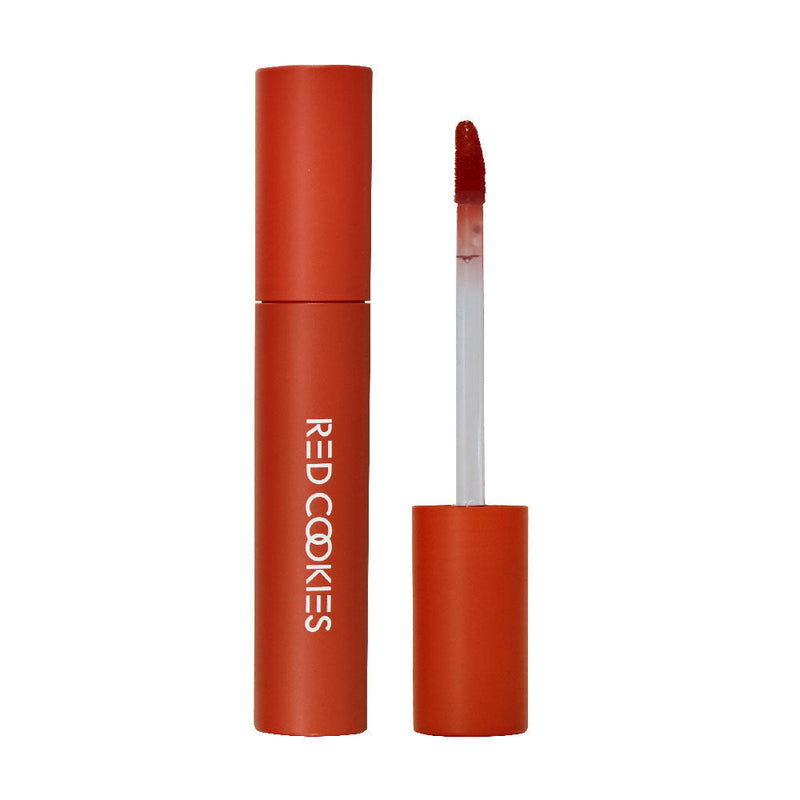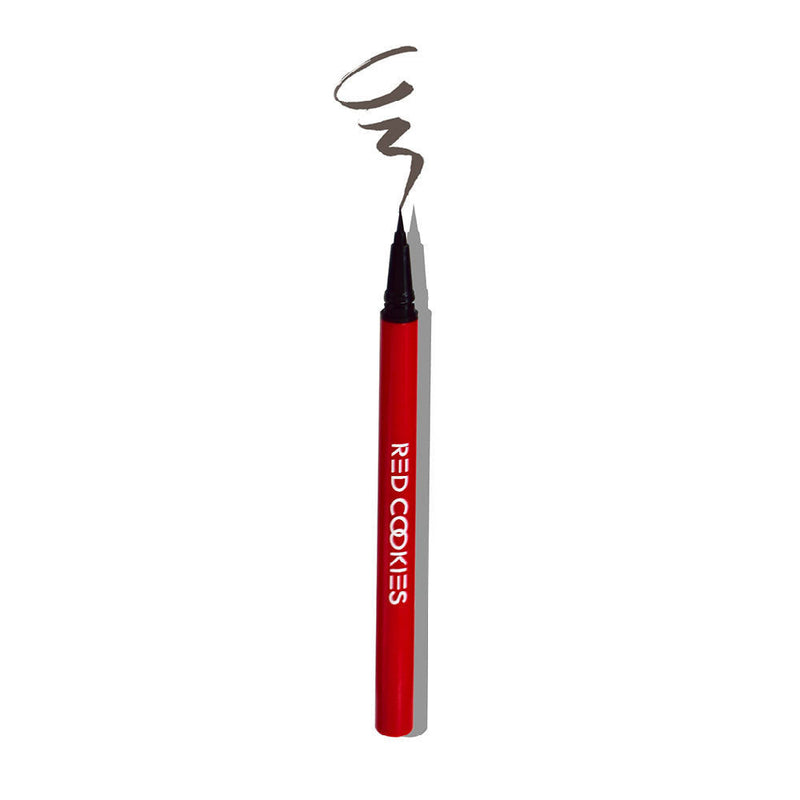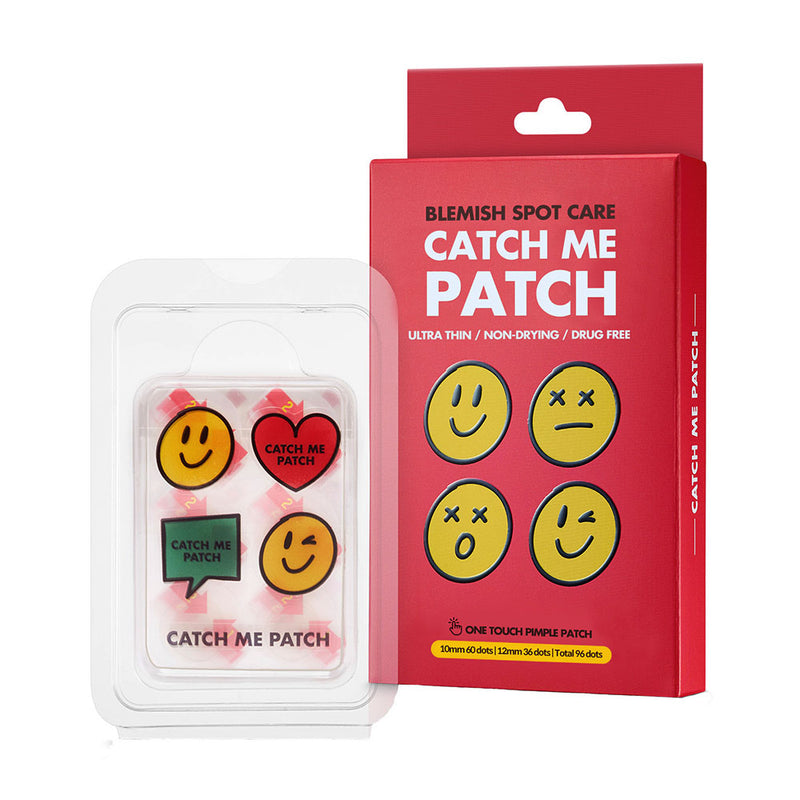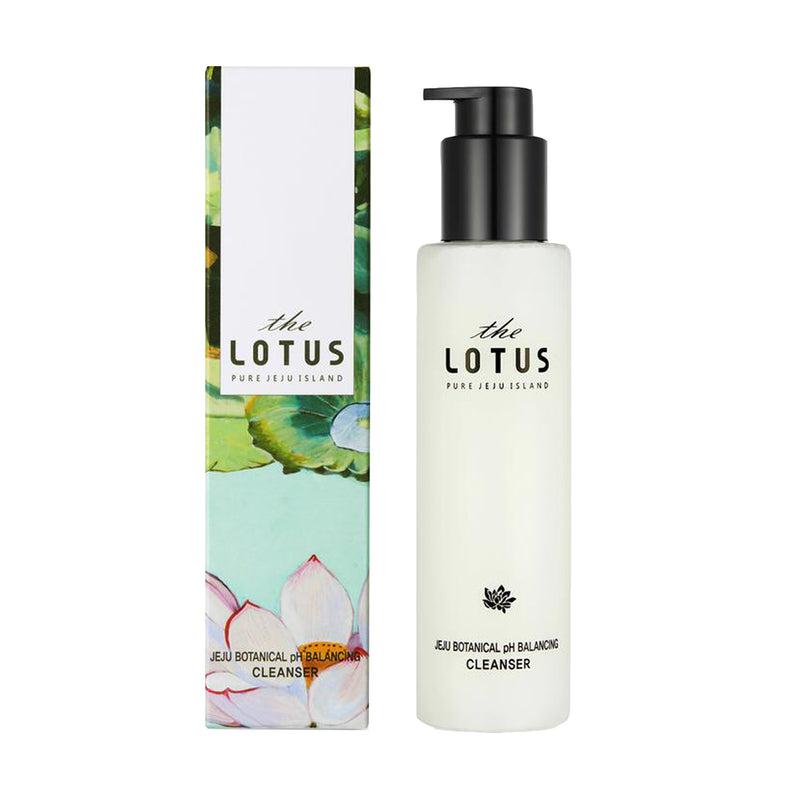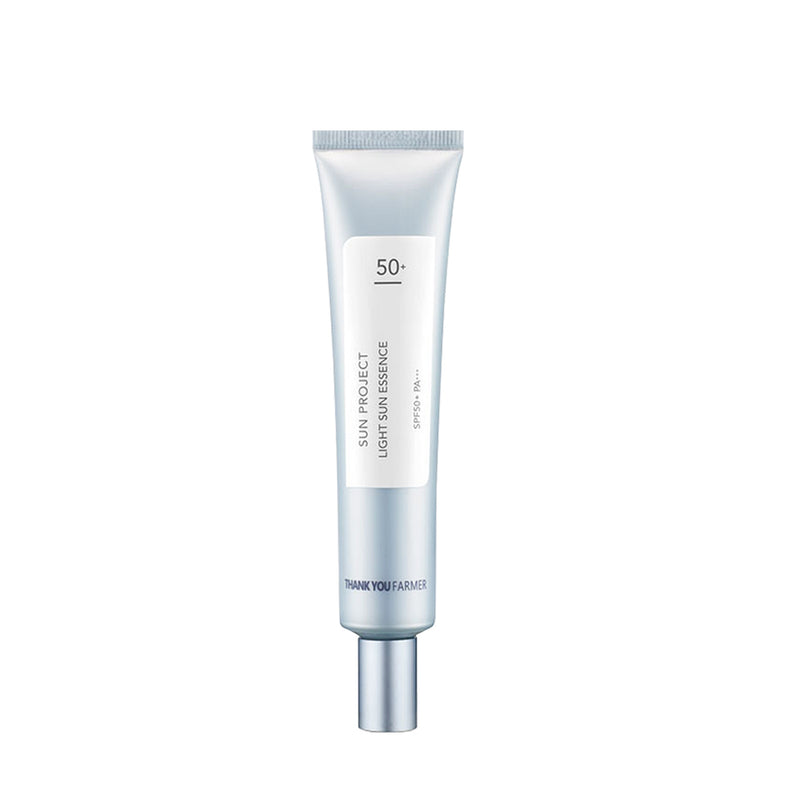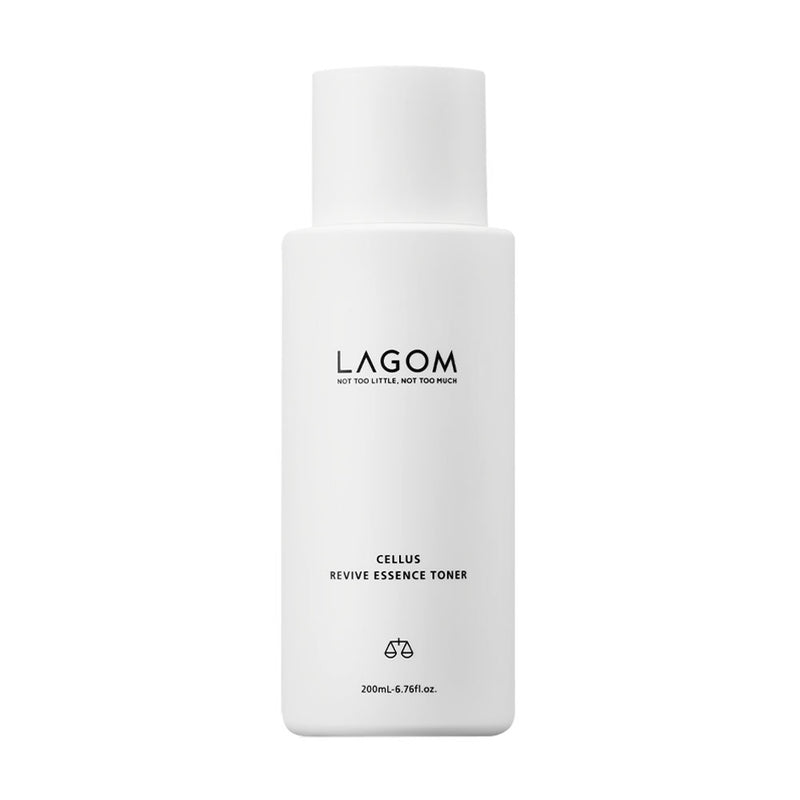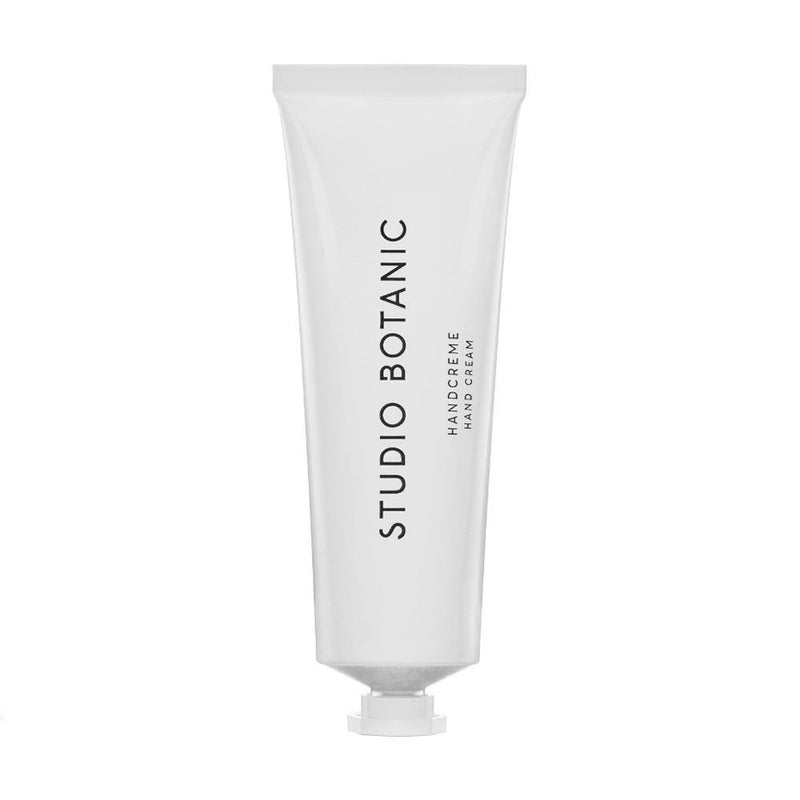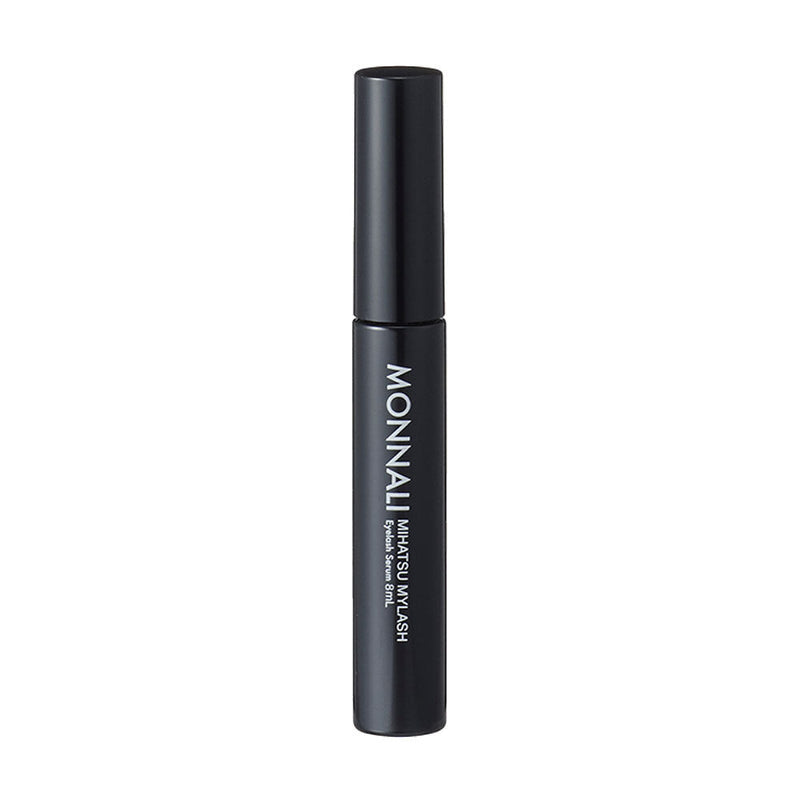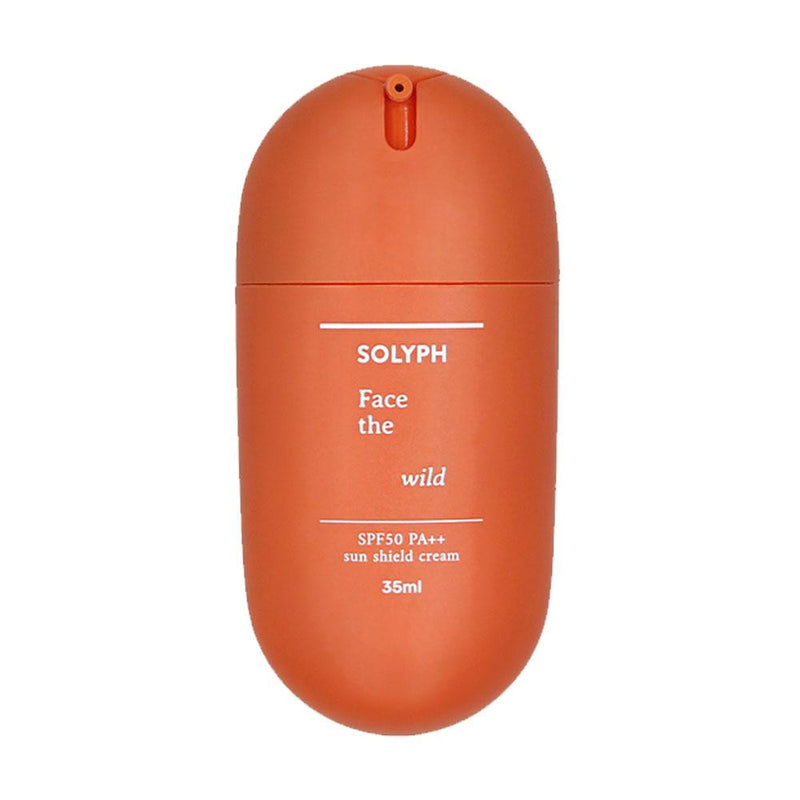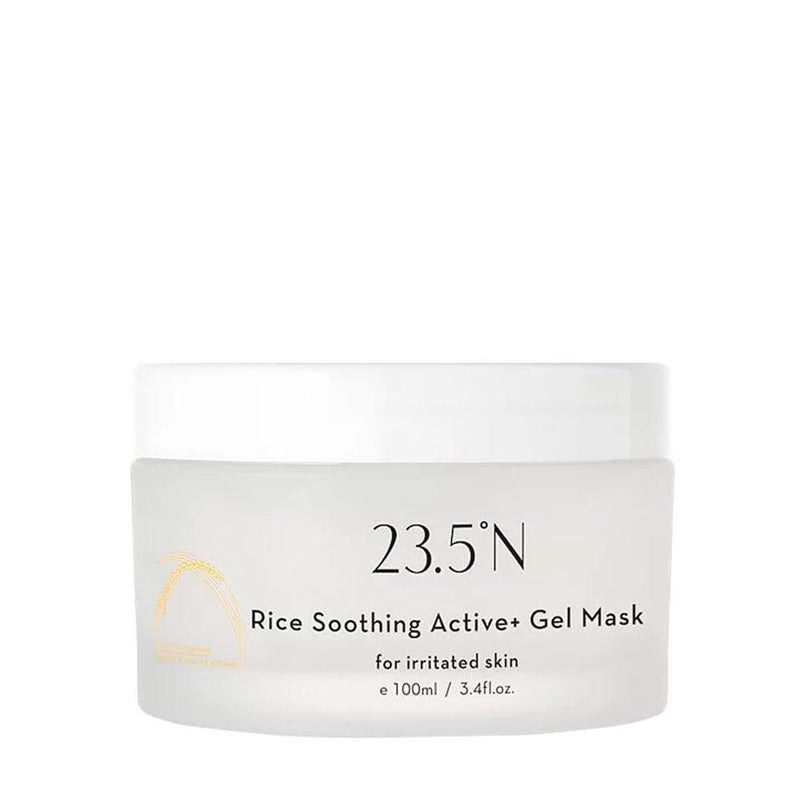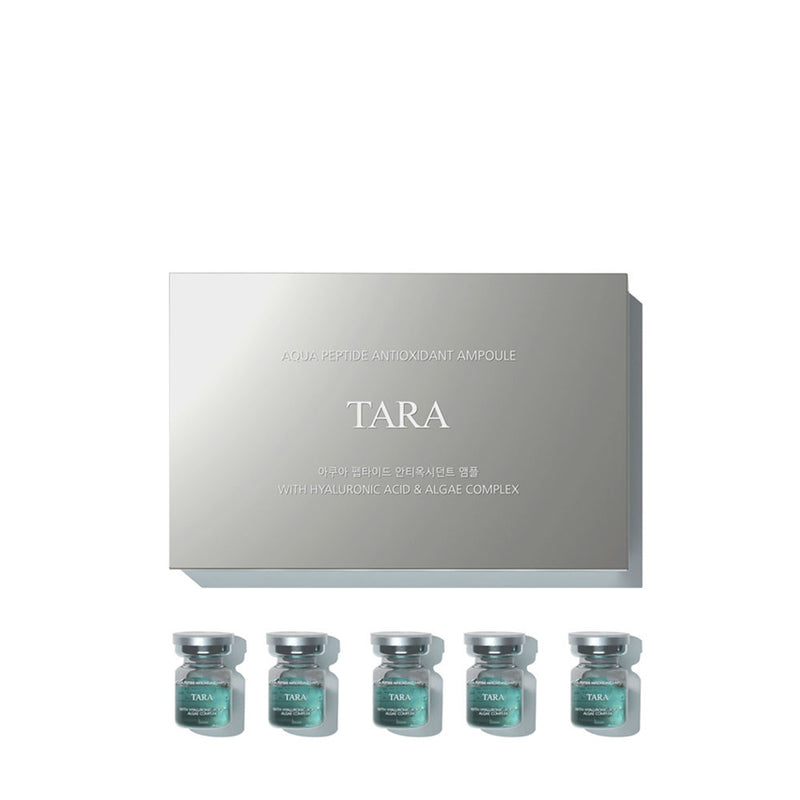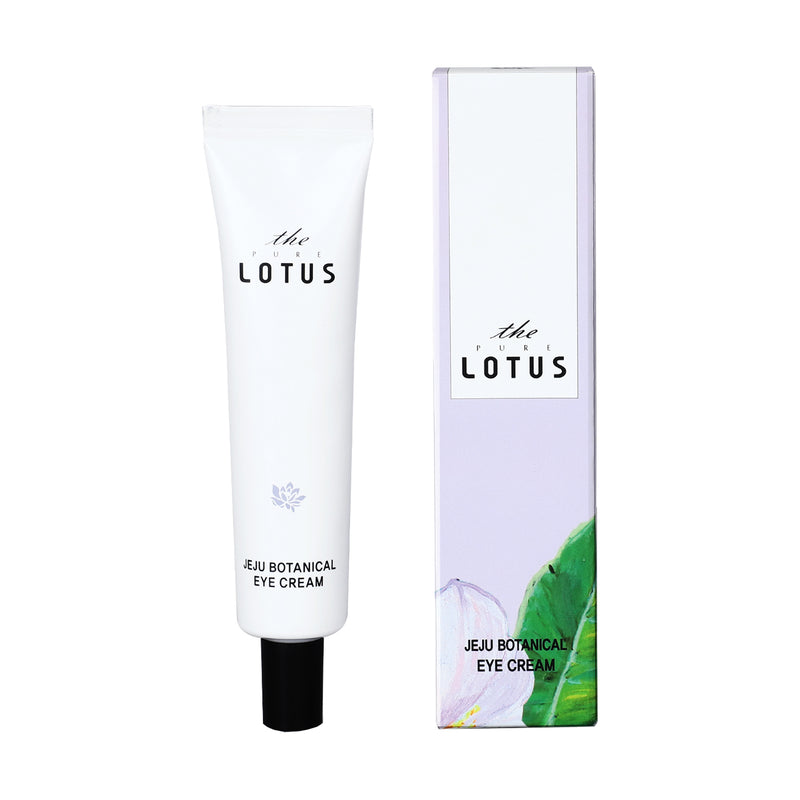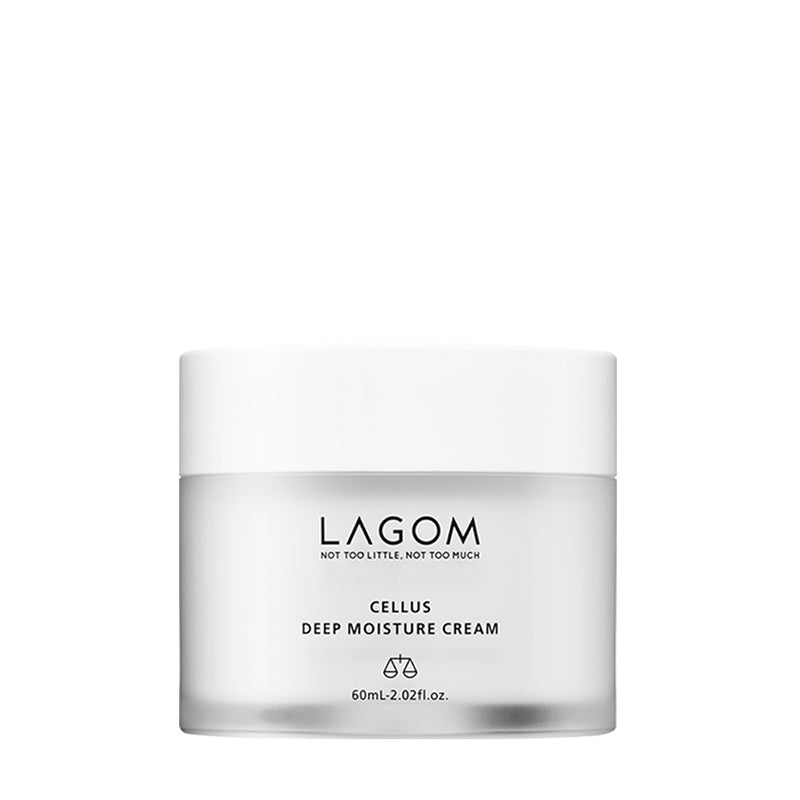The importance of good skin hydration in the preservation of youth and long-term skin health are well known. But how do you choose the right product from the plethora of products promising all kinds of hydration? Here’s what you should be looking out for!
Regardless of your skin type, daily moisturising is crucial for skin vitality, yet there are some who still consider it an aesthetically-inclined habit. But just as we brush our teeth daily in order to maintain teeth and gum health, our skin, the largest organ in the body, requires daily care and attention in order to stay youthful and healthy.
Typically the last step in any skincare routine, moisturising together with cleansing - the first step - are the key components to maintaining healthy and youthful-looking skin. One of the simplest ways to get healthy, glowing skin is to always ensure your skin is well moisturised so you should never skimp on this step!
But moisturisers aren’t the only product where you find active ingredients that help keep your skin moisturised. In fact, many other products contain active ingredients that, more than just replacing the moisture lost, also protect, soothe and soften dry and flaky skin in order to encourage orderly desquamation (skin shedding).
Unsurprisingly, there isn’t one magical ingredient that’s going to give you all of these benefits, so here’s what to look out for on the ingredients list the next time you are choosing a new product to try.

01 Ceramides
Making up a whopping 50% of your skin’s barrier, Ceramides are fatty lipids that are produced by your body and are a critical component to your skin’s natural barrier. Acting like glue, Ceramides exist in the “gaps'' between skincells holding them together in a matrix and making the skin barrier strong.
When your skin has sufficient quantities of this natural fat, the resulting stronger barrier not only prevents moisture loss but also the penetration of “deplorables” such as fungi and bacteria. If you suffer from dry skin or other conditions such as eczema, rosacea and even acne, there is a good chance that the root of your condition is the functionality of this barrier and the lack of Ceramides.
Unfortunately, life’s never easy and we do lose our capacity to produce Ceramides as we get older - up to 40% by the time we are in our 30s and 60% by our 40s! Luckily for us, skincare products formulated with Ceramides are widely available and can help reinforce our skin’s barrier making it more resilient and less sensitive. The increased moisture content plumps up your skin resulting in a smoother, firmer appearance with fewer fine lines and wrinkles making them ideal ingredients in eye creams like The Pure Lotus Jeju Botanical Eye Cream.
02 Hyaluronic Acid
We can’t talk about moisturisation without talking about Hyaluronic Acid and even those of us who don’t really “do” skincare would probably have heard of it. Also known as hyaluronan, Hyaluronic Acid, is a clear, gooey substance that, like Ceramides, is also naturally produced by your body. And just like Ceramides, we do lose our ability to produce this as we age.

A powerful humectant that attracts moisture to your skin - it can hold an impressive thousand times its weight in water - Hyaluronic Acid is widely used in skincare products today. Because it is naturally present in your body, it is very unlikely to cause any sort of irritation and is recommended by dermatologists in the treatment of dry and sensitive skin.
Hyaluronic Acid can come in varying molecular sizes. The larger, heavier ones would sit closer to your skin’s surface helping to hydrate the outer layer while the smaller and lighter ones would penetrate deeper into the dermis helping to keep skin plump and prevent fine lines. To get the best results from Hyaluronic Acid, look out for one with multiple types of Hyaluronic Acid like the Hyaluronic Acid Toner Plus from Isntree.
03 Squalene/Squalane
Another ingredient that is found naturally in our skin, Squalene is a highly versatile fatty molecule, secreted by your sebaceous (oil) glands and helps prevent moisture loss while restoring your skin’s suppleness and flexibility. And just like the previous two ingredients in this list, our ability to produce Squalene, depressingly, decreases as we age with peak production of Squalene actually occurring in our teens.
Squalene isn’t a stable ingredient and is susceptible to oxidation causing it to lose its efficacy. Skincare formulations typically hydrogenate Squalene in order to get Squalane which is more shelf stable and what is commonly found in your skincare products. As it is naturally occurring in your skin, it is ideal for sensitive skin and perfect for the treatment of conditions caused by the weakening of your skin barrier.
Traditionally Squalene has been harvested from shark’s liver for years - yes, sharks, you read me right - primarily as it is cheaper than plant-based sources. Due to obvious ethical reasons, this practice has been drastically reduced though not eliminated. These days, most of the Squalane that goes in our skincare products are derived from plant-based sources but opt for a Vegan option like the Cake My Day Hydrating Sprinkle Wash Off Mask from I Dew Care to be absolutely sure.

04 Glycerin
Glycerin doesn’t get as much attention as some of the trendier hydrating ingredients but it’s still one of the most common and effective hydrating ingredients available today. From cleansers to serums, Glycerin or Glycerol is the third most common skincare ingredient after water and fragrance according to the Cosmetic Ingredient Review.
A humectant that draws moisture from deeper levels of your skin or from the atmosphere to the epidermis, Glycerin also forms a protective layer that helps soothe and moisturise the skin. This protective layer also shields the skin from environmental irritants while enhancing penetration of other active ingredients into the skin increasing its importance in skincare formulations. One affordable moisturiser that does this well particularly well is the Cellus Deep Moisture Cream, $52 from Lagom.
Glycerin is a natural compound that can be derived from animal fats and - more commonly in skincare and cosmetics - vegetable oils. Still, if you have ethical concerns, always look out for the Vegan mark when you see Glycerin on the ingredients list just to be extra sure.
05 Jojoba Oil
Wondering if you should use a moisturiser or a facial oil for treating your dry skin condition? Well, the consensus amongst dermatologists is that you should use both. While humectants like Glycerin and Hyaluronic Acid help attract moisture to the dryer outer layers of your skin, much like Ceramides, Facial Oils, help lock all the moisture in preventing further moisture loss.

Jojoba Oil is a good option for our tropical humidity as it mimics naturally occurring sebum making it suitable for all skin types even if you have oily or combination skin. Jojoba facial oils like Aromatica’s Jojoba Golden Barrier Oil, $42, nourishes naturally and is actually very lightweight sitting comfortably on your skin without leaving any residual greasiness.
06 Aloe Vera
Finally, no list of moisturising ingredients would be complete without mention of the ubiquitous Aloe Vera. Aloe Vera needs very little introduction and has long been a skincare hero for its cooling and medicinal properties that help relieve dry and irritated skin.
While many skincare products list Aloe Vera as an ingredient, the most effective way to use it is straight from the leaf itself! Loaded with minerals, vitamins and other nutrients, placing the cool Aloe Vera pulp on your skin is the perfect relief after a long day spent under the sun. But if you don’t have an Aloe Vera plant handy, then Aromatica’s Organic Aloe Vera Gel from Aromatica is a good alternative.

